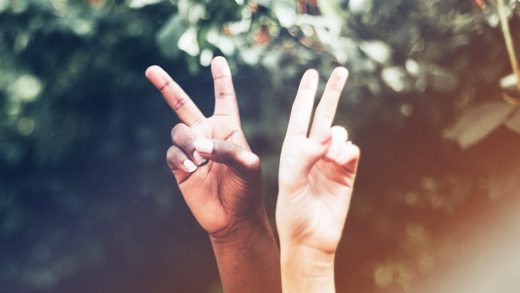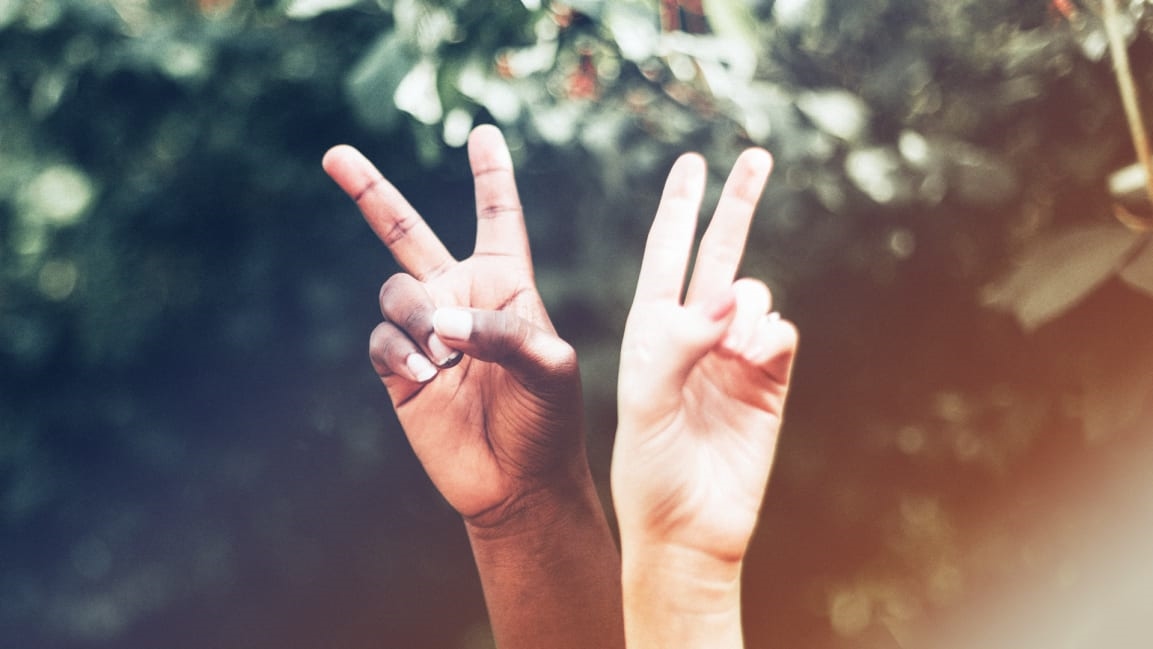We have a window to create a more racially equitable workplace. Will we take advantage of it?
After months of working from home, some workers say they are ready to get back to the office, though not necessarily getting back to normal.
The COVID-19 pandemic has cracked open flaws in the traditional office environment, and a new workplace model is already emerging, one which puts the employees’ needs at its center and empowers them to choose where and how they work.
At the same time, Americans are clamoring for a different kind of systematic change. The Black Lives Matter movement has underlined, once more, the racism that confronts Black Americans in every part of society, and the workplace is no exception. This comes during a pandemic that disproportionately affects African Americans, who make up 52% of diagnoses and 58% of deaths nationally.
So given all of this, it’s reasonable to expect a distinction in Black and white attitudes toward the return to the workplace, but the sheer magnitude of the growing distinction is surprising, based on a new series of polls from Workstat—the workplace data project run by my workspace company, Industrious, and the software company Elucd.
According to the program, 60% of white respondents want to return to their workplace as soon as they’re able. Only 44% of Black respondents agree. And over the past month, the number of Black respondents who don’t think it will be safe to go back to the office until 2021 has increased by 11 points. Another troubling gap: 36% of white respondents have no concerns about returning to work, compared to 17% of Black respondents who feel the same.
Let’s examine what these numbers mean more closely. More Black respondents (35%) said that their biggest worry was that other individuals’ behaviors would put them in danger more than any other category.
Next, a tie between the fear that their employer would not do enough to ensure their safety (21%) and that commuting to the office would put them at risk (21%).
White workers are much more confident that their colleagues and employers will look after their safety. Twenty-seven percent of respondents named others’ behavior as their biggest concern, while 14% were worried about their employer. White workers were also less anxious about commuting, with only 13% saying it was their top concern.
Obviously, this isn’t just about Black and white. We’re still in the early stages of unpacking what this data means and how we can redesign the workplace around it. We see similar patterns emerging among Hispanic and Asian American respondents, as well as with older versus younger generations. Moreover, more research is required to form a more fully rounded picture (there are a lot of studies about differential safety in hospitals or schools—far fewer in the workplace).
The moment at hand has reminded us that one of the most important components of work is simply feeling safe and looked out for. And from the data cited, it is clear that Black employees feel neither.
Delivering a safe workplace during COVID-19 is going to exacerbate the friction between the haves and the have-nots. Companies have a responsibility to be vigilant about racial disparities and the impact of various workplace policies—and take extra care with the needs of Black employees as they navigate the year ahead. Who does and doesn’t have a private office and access to PPE has become a matter of safety, not just hierarchy. In order to protect everyone, companies will need to create a more equitable workplace instead of reserving perks and protections for a subset of their workforce.
This means giving employees options, not mandates. It means developing policies that don’t disproportionately advantage certain parts of the company over others and auditing existing ones to root out inequality in everything from talent acquisition and promotions to childcare and PTO.
The workplace as we know it is already changing. There’s a lot of work ahead to understand what it means to truly build an equitable workplace in the post-COVID-19 landscape. Right now, there’s an opportunity for companies to take bold action.
If we fail to seize the moment, then we’re creating a different future. Not a fairer one, but one still divided in all too similar ways.
Jamie Hodari is the CEO and cofounder of Industrious, the largest premium workplace provider in the U.S.
(19)



